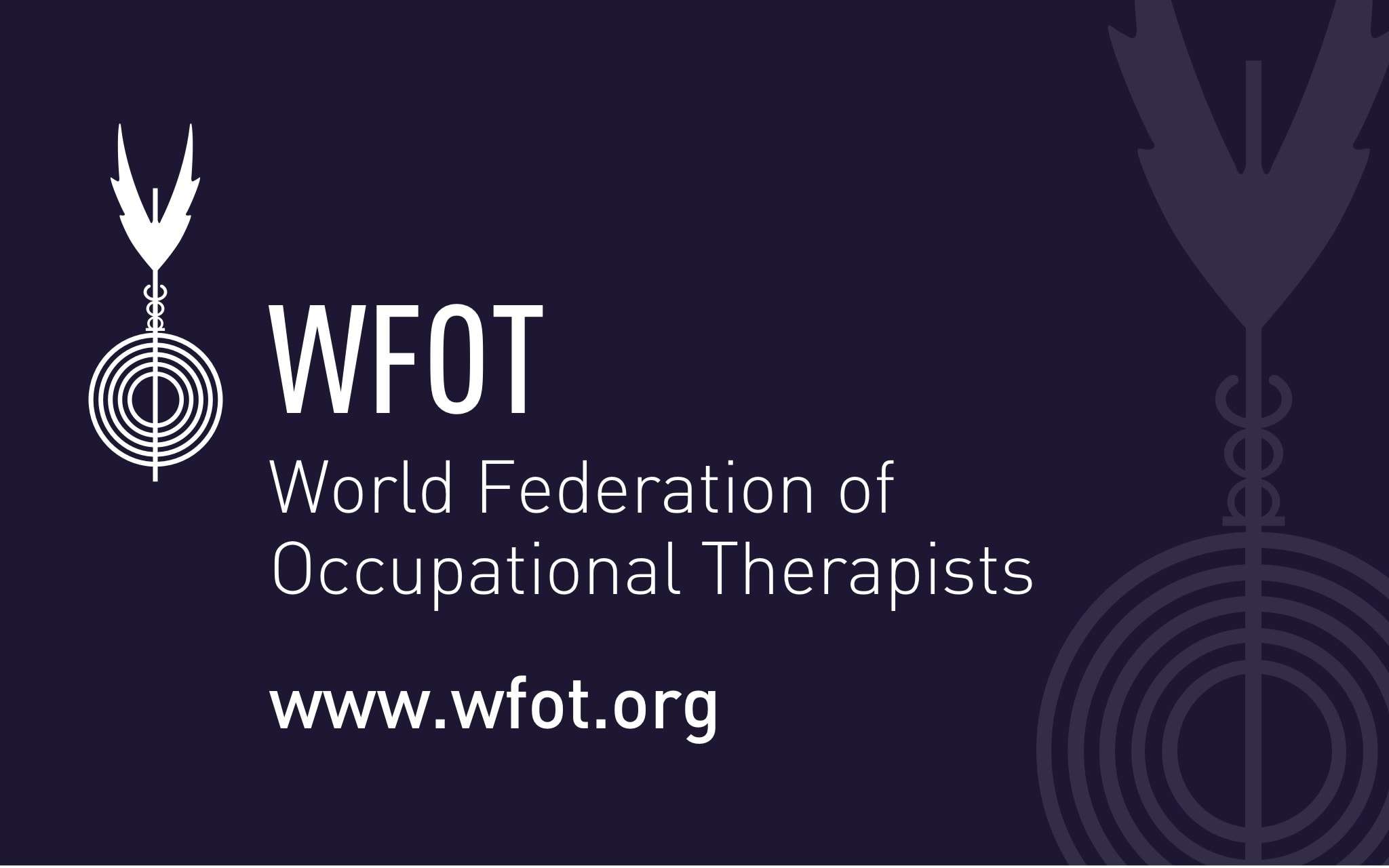
Agents of Change is a beloved tradition among EP Alums. They gather to reconnect, hear from transformational leaders in education, and leave feeling inspired and renewed to be agents of change. In Chicago, the EP Chicago Alumni Board has amplified this annual event to celebrate the impact of our most EPic Chicago Alumni and EP Chicago’s work to drive improved educational outcomes for students. This event is open to all and happening on Friday, June 14, 2019. Save the date and join us!

As a middle school teacher for fifteen years I’d often tell my students that if we all worked on trying to make a difference in the world, the world would ultimately be a much better place. As we discussed rights and the way people have fought and continue to fight for equity, we talked about how we could be a change agent in helping to make that happen. We discussed the power of one person starting a movement and how that often leads to the power of many people making a change.
When asked by Education Pioneers what it means to be an agent of change, I think the motto I taught my students, “find your passion and act on it” embodies my definition. An agent of change is someone who sees a problem in their community, large or small, and does something to take action for substantial change. This person is someone who listens to the people in the community where the issue exists and makes sure that they truly understand the root of the problem before implementing a new idea. This person is someone who is willing to take risks and doesn’t always claim to know the answer. They are willing to ask hard questions and help find creative solutions. An agent of change has the courage to think outside the box and makes an impact that is greater than themself.
As we get ready to celebrate the 10th anniversary of Education PIoneers in Chicago, I can’t help but reflect on my own journey over the last ten years. Ten years ago I had just had my second child, John, joining my daughter, Molly, who was almost two at the time. I was teaching seventh grade social studies and comfortable in that work, which was good because the journey of parenting was challenging enough. I wasn’t taking any significant risks in my work life but still felt good about the impact I was making. When I returned to the classroom in August 2009, I didn’t realize I would have the opportunity to support many agents of change. My students that year learned about child labor in my class and wanted to do something more than just discuss it and feel sad. They translated that sadness into action by writing letters to Congresswoman Jan Schakowsky, and ultimately, creating a service organization (Aiding Children Together) that mobilized a community and ultimately raised over $20,000 in less than five years for A Better Life for Kids, an organization that supports children and families in Ghana. I joined the board of directors, and in this last year, traveled to Ghana to see the impact of the organization my students founded.
I left teaching in 2015 to follow my passion at another nonprofit, Umoja Student Development Corporation, as a Social Emotional Learning Manager. This work and continued thirst to learn more led me to a Fellowship at Education Pioneers and a recent appointment to their Chicago Alumni board. It’s hard to believe how much has changed in the last ten years, but it certainly makes me excited to see what happens next.
— JENNIFER CIOK, 2018 EP Fellow. Jennifer is a former teacher and now works at Umoja Student Development Corporation at an Social Emotional Learning Manager.
2019 Chicago Alumni Board members submitted their own definitions for what they believe it means to be an Agent of Change:

“An agent of change believes that continuous improvement is required for lasting, meaningful impact and recognizes that complacency is the enemy of progress. He/she faces the toughest of challenges with determination, zeal, openness, and commitment to ensure that the future is filled with opportunity and promise for everyone.”
— BRIANNA TERRELL, 2017 EP Fellow
“An agent of change is someone who recognizes that we can do better or that a problem needs to be solved. S/he is able to craft a roadmap for change while galvanizing people, gathering resources, and generating the will to see it through.”
— CAROL LARSON, 2018 EP Fellow
Carol is a former teacher, researcher, and school administrator. She is currently working as a consultant.

“An agent of change is a transformational leader working tirelessly to make bold ideas a reality in order to create a more equitable, effective educational system. Regardless of their background or job profession, these trailblazers are making an impact to improve the lives of students across the region and beyond.”
-— EMMA LOFGREN, 2018 EP Fellow
Emma is a graduate student at the University of Chicago pursuing a joint-degree in Business Administration and Public Policy, she hopes to return to the public sector after graduation.

“An agent of change is someone who is willing to stand in the gap, spark tough conversations, and encourage their network to improve our system for the greater good. These galvanizing leaders empower their peers, stakeholders and partners to join the coalition that moves the needle toward equitable change from neighborhood to city to state.”
— RASHIDA KIMBRUE, 2015 EP Fellow
Rashida is the Associate of Data & Policy at The Chicago Public Education Fund.
“An agent of change is someone who doesn’t let fear stop them from standing in their truth. They are both a lover and a fighter. They know hard things are hard, yet they persevere. They balance diplomacy with an ability to have the hard conversations, and meeting people where they are. They not only pursue their truth and destiny relentlessly, but also help others fulfill theirs.”
— PATRICIA COLY, 2011 EP Fellow
Patricia is the Founder and Principal Consultant at Coly Consulting. She is also a volunteer with Northwestern University’s Career Services Department and with Management Leadership for Tomorrow (MLT) with their high school to college transition program, Ascend.

“An agent of change is someone who identifies areas of need and takes action to address those needs. They work to create change that addresses systemic barriers, but also engage in continuous self-reflection to ensure they maintain an accurate assessment of ways they need to personally grow and improve in order to evolve as an agent of change.”
— LAUREN KING, 2018 EP Fellow
Lauren is the Quality Improvement Manager at Youth Guidance and also a Co-Facilitator of the YNPN Leadership Institute.
What is a change agent?
A change agent, or agent of change, is someone who promotes and enables change to happen within any group or organization.
In business, a change agent is an individual who promotes and supports a new way of doing something within the company. This can be the use of a new process, the adoption of a new management structure or the transformation of an old business model to a new one.
A change agent is sometimes also called an agent of change or change advocate. Champion, change champion and change agent are often used interchangeably, as well; however, some see differences between the roles each one plays in supporting change. For example, a change agent is viewed as having more responsibilities and accountability than a champion for ensuring that change happens successfully.
Internal vs. external change agents
Managers and executives are often expected to be change agents within their organizations. However, internal change agents are not limited to high-ranking C-level employees. A change agent can be a lower-tier worker with the right mix of skills, characteristics and authority to shepherd others through the transformation. The fictional book The Phoenix Project by Gene Kim tells the story of an IT manager who guides upper management through a digital transformation.
A change agent can also be someone outside the organization, such as an external consultant hired to help with a change effort.
Although a change agent can come from various positions inside or outside an organization, a successful change agent is someone who is respected by the people the organizational change affects. They also tend to be individuals who are well-informed about the various facets of the project, the organization and the staff members involved.
What change agents do
Regardless of the actual position or job title a change agent holds, an individual who takes on the task of being an agent of change assumes responsibility for the following:
Change agents generally follow four key steps in making change happen.
- promoting the value of the transformation;
- formulating how the transformation will happen;
- guiding and supporting others through the transformation; and
- ensuring that the new processes, procedures and organizational structures are implemented to deliver the value the organization expected.
Overall, a change agent serves as a liaison between an organization’s leadership that sponsors a change initiative and the people affected by the change. The change agent helps articulate reasons for the change, answers questions and persuades others on the necessity of the initiative. They also raise concerns to the attention of leadership and decision-makers.
Change agents’ roles and responsibilities
To achieve change management objectives, a change agent assumes responsibilities that start once leadership decides to undertake an initiative. That way, a change agent can contribute to the initiative’s implementation strategy, action plan and decision-making process.
Change agents follow basic change management and project management practices.
By assigning a change agent at the start of an initiative, their objectives, responsibilities and metrics for success can be incorporated into the project plan.
The specific change management tasks that fall to the change agent include the following:
- explaining why change is taking place and who will be affected;
- advocating for the change initiative;
- disseminating information;
- highlighting the potential benefits and drawbacks of the proposed initiative;
- anticipating and evaluating areas of potential dispute or disruption;
- developing strategies to counteract any potential areas of dispute or disruption;
- obtaining feedback to share with leadership and conveying responses;
- serving as a point person to hear others’ concerns, ideas and questions;
- advising stakeholders, as well as the individuals the change affects;
- mediating points of contention; and
- tracking and managing objectives of the project.
Change agent characteristics
There are three main types of change agents:
- People-centric. These change agents help boost employee morale and motivation. They help employees through a change and assist with goal setting, training and upskilling.
- Structure-centric. These agents focus on changing an organization’s infrastructure. They research and implement new technologies and perform systems analysis.
- Process-centric. These change agents focus on implementing new change processes and facilitating communication and cooperation among teams.
To ensure success, leadership should choose a change agent based on characteristics commonly identified as the most effective for positions such as chief transformation officers. Those characteristics include the following:
- diversified knowledge;
- experience in the business discipline impacted by the change effort;
- a willingness to ask tough questions;
- flexibility, creativity and an openness to new ideas;
- a strong network;
- trustworthiness and credibility;
- an understanding of the organization’s corporate culture;
- courage;
- the ability to tell a company narrative;
- excitement for new opportunities and potential; and
- comfort working through uncertainty.
Change agents have a range of skills, including the ability to effectively communicate with both leadership and lower-level workers in an organization.
Why agents of change are important
An effective change agent serves a distinct role within a change initiative as a proponent of the change, as well as a conduit between leadership and the rest of the organization. A successful agent of change can help smooth resistance to change. Another role of a change agent is problem solving and addressing issues before they derail an initiative, ultimately ensuring the successful implementation and adoption of a new change project.
Change agents are important to organizations as facilitators of digital transformation. Learn the top 3 challenges individuals pushing for change face when implementing a digital transformation.
Are You An Agent of Change?

Did you ever wish as a kid you could grow up to be a “secret agent?” In my childhood, I was a fan of a TV show called The Man from Uncle which was a spy show with the theme song Secret Agent Man. Besides dating myself, I have to admit I thought it would be cool to be an agent with a secret mission aimed at making the world a better place. Well, it turns out that all of us have the power to be an agent of change. As many of you know, these last few years much of my work has focused on the idea of Stepping Up and what happens when each one of us asks in every situation “what can I do to make things better right where I am?”
Coming back from sabbatical I have been really working with the idea of what it means for each of us to be an agent of change. An agent of change is someone who looks around and refuses to either focus on what someone else should do or simply rant about the way things are.
An agent of change asks what I call the two magic questions:
- What part am I playing?
- What can I do about this situation right now?
Examples of agents of change:
- An agent of change speaks up challenging the status quo at work by asking questions about how things might be different
- An agent of change doesn’t sit around and talk about how bad things are, they take action by asking what one thing—however small—they can do to make things better
- An agent of change never sits around and rant about how the world needs to be a better place without taking some action themselves to try to improve the situation
One area I have been an agent of change has to do with reducing single-use plastic that is drowning the oceans in tons of plastic garbage with over one million sea mammals and birds choking on plastic garbage yearly. In this video, I talk about one way each of us can be an agent of change on this one issue—a simple way we can make a HUGE difference.
So my challenge to you this week is simple. Take a few minutes and ask this simple question: Right now in my workplace what is one thing that needs to change and what is ONE thing you can do in the next 24 – 48 hours to be an agent of change? Then think of one thing going on in the world or your community right now that needs to change and what is ONE thing I can do in the next 24 – 48 hours?
In my keynotes on Stepping Up and in our programs we conduct inside companies we constantly remind people that being a victim, focusing on how others need to change is bad for your brand, your mental health and your world. So let’s all agree in 2016 to become Agents of Change.
John
Dr. John Izzo has spoken to over one million people, advised over 500 companies, authored nine best-selling books, and helped some of the world’s most admired companies. He has been a pioneer in creating successful businesses and emerging work trends for over twenty-five years.
More Posts



